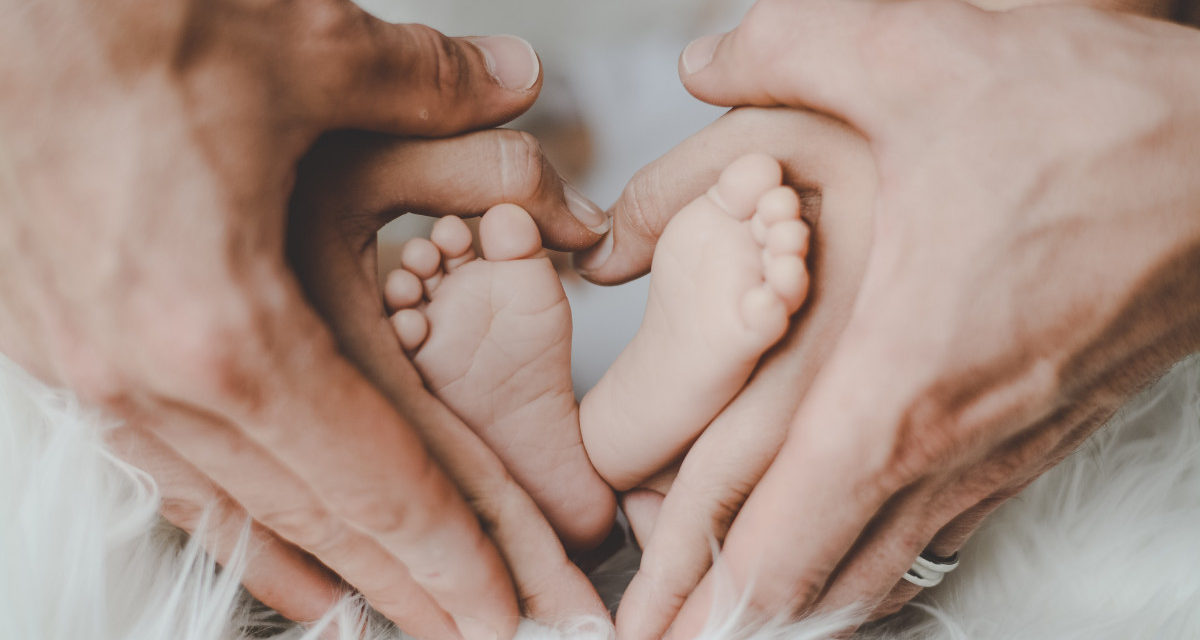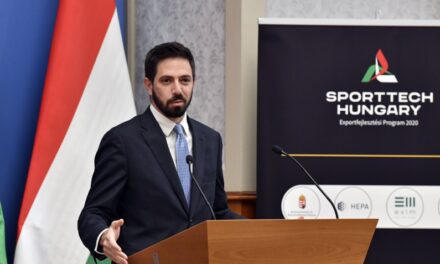Families and marriages have also become stronger in recent years. 98 percent of young people who want to get married also want to have children.
In Hungary, since 2015, the proportion of children born in stable couples has been continuously increasing, the strengthening of both families and couples can be observed - according to the research of the Mária Kopp Institute for Population and Population (KINCS). In the last ten years, the desire to have children has grown the most in Hungary among the member states of the European Union, and forty years ago there were not as many marriages in our country as there are today. From the beginning of next year, single-parent families will receive additional discounts.
research published by KINCS on the occasion of Children's Day reveals that parents maintain an intimate relationship with their children, according to nine out of ten parents, their children share their joy with them, and 81 percent believe that they also tell them when they are sad.
On the occasion of Children's Day, 64 percent of parents treat their children with joint family programs, 33 percent with gifts, and 29 percent with some kind of leisure activity.
The strengthening of Hungarian families is confirmed by the demographic data of recent years, of which last year's (recent) results are the most important: the number of marriages is increasing, the number of divorces is decreasing, the number of live births has increased and the number of abortions has decreased - this is highlighted by the results of previous research by KINCS .
The strengthening of family life and marriages is also indicated by the fact that since 2015 the proportion of children born in stable partnerships has been steadily increasing.
While in Hungary, in 2015, 52 children per hundred couples were born in marriage, by 2019 this value had risen to 61. Meanwhile, the proportion of people born out of wedlock increased in the EU countries. The parent-child relationship is important to Hungarian families. KINCS research reveals that 62 percent of Hungarian families celebrate Children's Day with their children, and almost two-thirds of them do so with joint family programs. Respondents raising children younger than 18 regularly celebrate Children's Day in a higher proportion - eighty percent - than those who do not have children under 18. Parents maintain an intimate relationship with their children: according to nine out of ten mothers and fathers, their children share their joy with them. The vast majority of parents, exactly seventy percent, know their child's friends and two-thirds of them regularly organize family programs.
It is a fact that between 2010 and 2019, the desire to have children increased the most in Hungary among the member states of the European Union. This means that the fertility rate increased from 1.25 to 1.55, which represents a 24 percent increase. Thanks to this increase, 115,000 more children were born in Hungary in the previous decade. At the same time, the number of marriages almost doubled, since in 2010, 35,000 couples tied the knot, while in 2020, it will be 67,000. This is also important because we know that marriage is closely related to having children, 98 percent of young people who want to get married also want to have children. In 2018, the delay in the age of first marriages stopped as a result of supportive opportunities that encourage young people to get married and have children.
So, forty years ago, so many people did not get married, and the increase in the desire to have children gives more and more hope for the future, and it seems that the results of the Orbán government's family-friendly policy are already visible.
Source: magyarnemzet.hu
Featured Image: Pexels.com












